Abandonment
Our earliest experiences as a child were a mix of feeling supported or the absence of this support. Feeling cared for, held, appreciated, and loved kept us open and trusting.
The lack of support in the form of abandonment, punishment, rejection, or criticism, caused our natural, open state to close down. This most often occurs when parents are out of touch with some aspect of their own inner resources or become defensive when the developing child is expressing his or her pain, independence, or attachment needs.
Consequently, our naturally developing resources are gradually lost from consciousness. We become split off from them and the trust in receiving ongoing support slowly diminishes. As this happens, we lose both awareness of these qualities and access to them. Yet these innate resources are still present in us, whether they are experienced or not. They are not lost, just abandoned.

As adults, this abandonment is experienced as an absence, a deficiency. When we feel hurt, rejected, criticised, judged or misunderstood, a hole opens up within us, we feel an emptiness, both psychologically and energetically.
Our automatic instinct is to avoid the pain and discomfort of this. We try to fill this hole through many strategies that we as adults all know so well, work, sex, drinking, medication, eating, watching TV, obsessive thinking, sleeping and so on.
For the young infant without a repertoir of such strategies, our body can only contract, becomes hard and tense. This then becomes an habitual tendency, a pattern that eventually becomes part of our character structure when we again encounter similar distressing experiences growing up into adulthood.
This is what we are up against in trying to create change in our lives, the automatic patterns to avoid pain, discomfort and distress. But allowing ourselves to feel, be with and include these difficult experiences is also the way through them into a deepening contact with our natural, beneficial inner resources.


